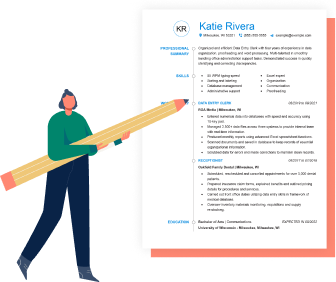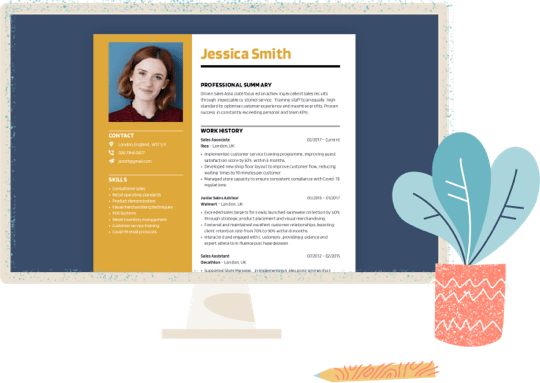Oxford University CV template
Get started with your Oxford CV today! Whether you’re applying for your first academic job or updating your CV for research opportunities, this clear and professional format will help you effectively highlight your academic achievements, skills, and experience. Customise it to showcase your commitment to learning and your unique academic journey – use our free CV template designed specifically for students and researchers:
Emma Johnson
24 Rose Lane
Oxford, OX2 6ST
+44 7890 123456
emma.johnson@email.com
Personal Statement
A dynamic and innovative engineer with a passion for problem-solving and a commitment to sustainable solutions. Dedicated to applying technical skills and creativity to tackle complex engineering challenges and contribute to advancements in the field.
Professional Experience
Structural Engineering Intern (June – August 2024)
Smithson Engineers Ltd., London
- Assisted in structural analysis and design calculations for various construction projects.
- Contributed to the preparation of engineering drawings and specifications.
Research Assistant (2023 – 2024)
Oxford Centre for Sustainable Engineering, Oxford
- Conducted research on sustainable materials and construction techniques for infrastructure projects.
- Assisted in data collection, analysis, and report writing for research publications.
Education
MEng: Engineering Science – Civil Engineering (2024)
University of Oxford
- Thesis Title: “Innovations in Sustainable Infrastructure Development”
BEng (Hons): Civil Engineering (2021)
University of Birmingham
Skills
- Proficient in structural analysis and design software (e.g., SAP2000, ETABS).
- Strong problem-solving skills, with experience in structural engineering principles and calculations.
- Excellent communication skills demonstrated through technical reports and presentations.
- Ability to work effectively in multidisciplinary teams and collaborate with stakeholders.
- Familiarity with sustainability principles and their application in engineering projects.
Additional Information
- Certification: Autodesk Certified Professional (AutoCAD)
- Languages: Conversational proficiency in English
- Volunteer Experience: Habitat for Humanity, Construction Volunteer








